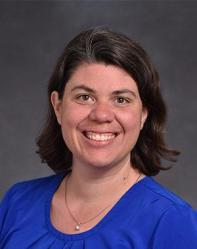2025
Contemporary differences between rural and urban areas in America have their roots in long-term demographic, economic, technological, and social factors. In the “On the Front Porch” series, Tony Pipa (Brookings) and Brent Orrell (American Enterprise Institute) sit down with authors of recent research on issues facing rural America to explore these factors and more. These conversations seek to unpack the unique challenges and opportunities facing rural America and consider policy options to promote prosperity and opportunity outside the nation’s major metropolitan areas.
In “Farming for Wind in Rural Michigan,” an episode of the Reimagine Rural podcast, Tony Pipa captures the story of the trade-offs and decisions that local residents in rural Isabella County, Michigan faced while considering the viability of siting a wind farm in their community. This discussion with Sarah Mills, director of the Graham Sustainability Institute’s Center for EmPowering Communities at the University of Michigan, used case studies and analysis to explore the role that rural places will play as the country transforms its energy infrastructure, how these installations affect rural residents and local governments, and how federal and state policy choices can shape those impacts.
This conversation was hosted at the Institute for Social Research at the University of Michigan as a prelude to the Election 2024 and U.S. Climate Policy event, hosted at the Gerald R. Ford School of Public Policy from 5-7 p.m. on September 19. Viewers submitted questions via X (Twitter) to @BrookingsGlobal using #OntheFrontPorch.
This event is a part of Election ’24: Issues at Stake, a Brookings initiative aimed to bring public attention to consequential policy issues confronting voters and policymakers in the run up to the 2024 election. This includes equipping leaders with insights and policy ideas to help them govern in 2025 and beyond.
Agenda
In Partnership With




